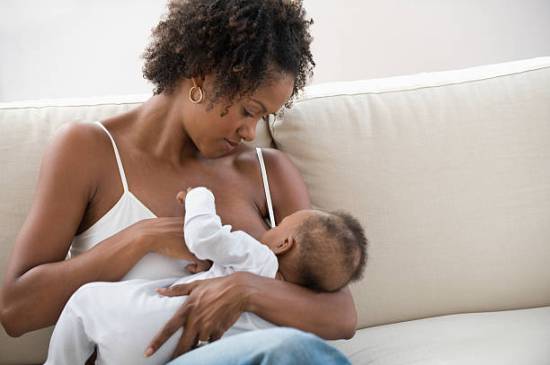The midterm elections are over, and we all know that voting is a vital means to make our voices heard. But it’s not the only way. Psychologists have the expertise, skills, and opportunity to engage in needed and productive advocacy to advance the issues that are important to us, both locally and nationally.
This advocacy includes meeting with elected representatives to express concerns and support for initiatives. Meeting with your representatives may seem like a daunting and intimidating task if you’ve never done it before, but APA offers useful online advocacy training, tools, and a variety of resources to help you prepare for your meetings









